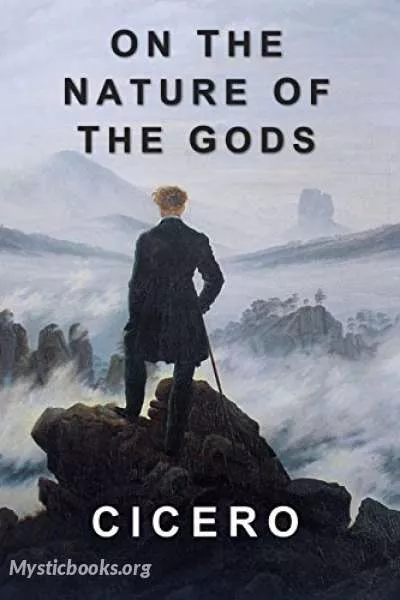
On the Nature of the Gods
'On the Nature of the Gods' Summary
De Natura Deorum belongs to the group of philosophical works which Cicero wrote in the two years preceding his death in 43 BC. He states near the beginning of De Natura Deorum that he wrote them both as a relief from the political inactivity to which he was reduced by the supremacy of Julius Caesar, and as a distraction from the grief caused by the death of his daughter Tullia.
The dialogue is supposed to take place in Rome at the house of Gaius Aurelius Cotta. In the dialogue he appears as pontiff, but not as consul. He was made pontiff soon after 82 BC, and consul in 75 BC, and as Cicero, who is present at the dialogue as a listener, did not return from Athens till 77 BC, its fictional date can be set between the years 77 and 75 BC, when Cicero was about thirty years of age, and Cotta about forty-eight.
The book contains various obscurities and inconsistencies which demonstrate that it was probably never revised by Cicero, nor published until after his death. For the content, Cicero borrowed largely from earlier Greek sources. However, the hasty arrangement by Cicero of authorities who themselves wrote independently of one another means that the work lacks cohesion, and points raised by one speaker are sometimes not countered by subsequent speakers.
Book Details
Language
EnglishOriginal Language
Classical LatinPublished In
45 BCAuthors
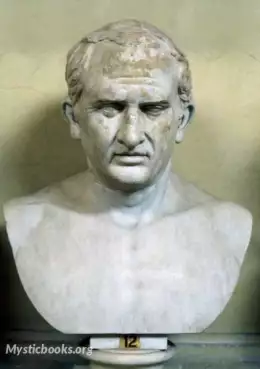
Marcus Tullius Cicero
Roman Republic
Marcus Tullius Cicero was a Roman statesman, lawyer, scholar, philosopher and Academic Skeptic, who tried to uphold optimate principles during the political crises that led to the establishment of the...
Books by Marcus Tullius CiceroDownload eBooks
Listen/Download Audiobook
- Select Speed
Related books

Bible (KJV) NT 06: Romans by King James Version
The Epistle to the Romans is a letter written by the Apostle Paul to the church in Rome. It is one of the most important books in the New Testament, a...
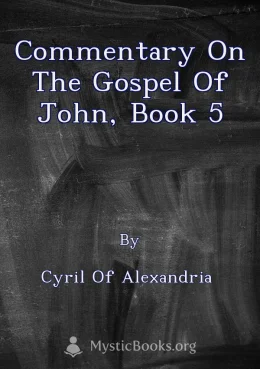
Commentary on the Gospel of John, Book 5 by Cyril of Alexandria
Commentary on the Gospel of John, Book 5 is a valuable resource for students and scholars of the Bible, patristics, and early Christian thought. Cyril...
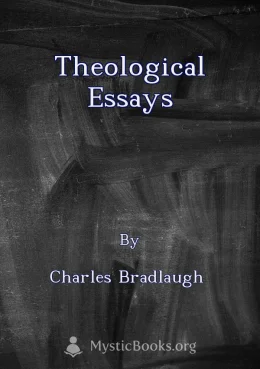
Theological Essays by Charles Bradlaugh
This collection of 23 theological essays by Charles Bradlaugh, a prominent English atheist and founder of the National Secular Society, presents his c...
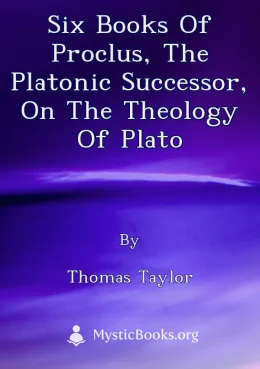
Six Books of Proclus, the Platonic Successor, on the Theology of Plato by Thomas Taylor
This book is a translation of Proclus's seminal work, "The Theology of Plato." Proclus, a 5th-century Neoplatonist philosopher, aimed to present a sys...

Essay in Aid of a Grammar of Assent by John Henry Newman
An Essay in Aid of a Grammar of Assent is a work by John Henry Newman that attempts to study the modes of language, or "grammar", in which the intelli...

On the Sublime by Anonymous
'On the Sublime', a treatise attributed to Longinus or Pseudo-Longinus, delves into the nature and principles of the sublime in literature and rhetori...
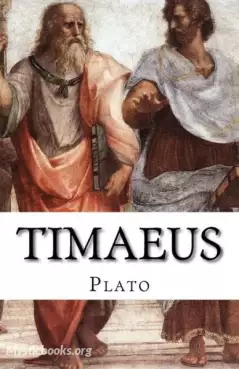
Timaeus by Plato (Πλάτων)
Timaeus is one of Plato's dialogues, mostly in the form of a long monologue given by Critias, written c. 360 BC. The work puts forward speculation on...

Select Works of Martin Luther, Vol 1 by Martin Luther
This collection of Martin Luther's writings explores the core tenets of Lutheran theology, with a particular emphasis on the doctrine of salvation by...
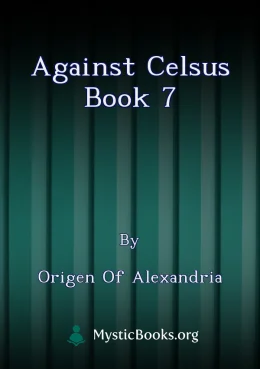
Against Celsus Book 7 by Origen of Alexandria
Against Celsus is a Christian apologetic work by Origen of Alexandria, written around 248 AD. It is a response to Celsus's "The True Word", a scathing...
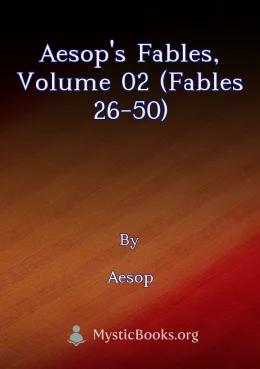
Aesop's Fables, Volume 02 (Fables 26-50) by Aesop
Dating back to the 6th century BC, Aesop's Fables tell universal truths through the use of simple allegories that are easily understood. Though almost...
Reviews for On the Nature of the Gods
No reviews posted or approved, yet...